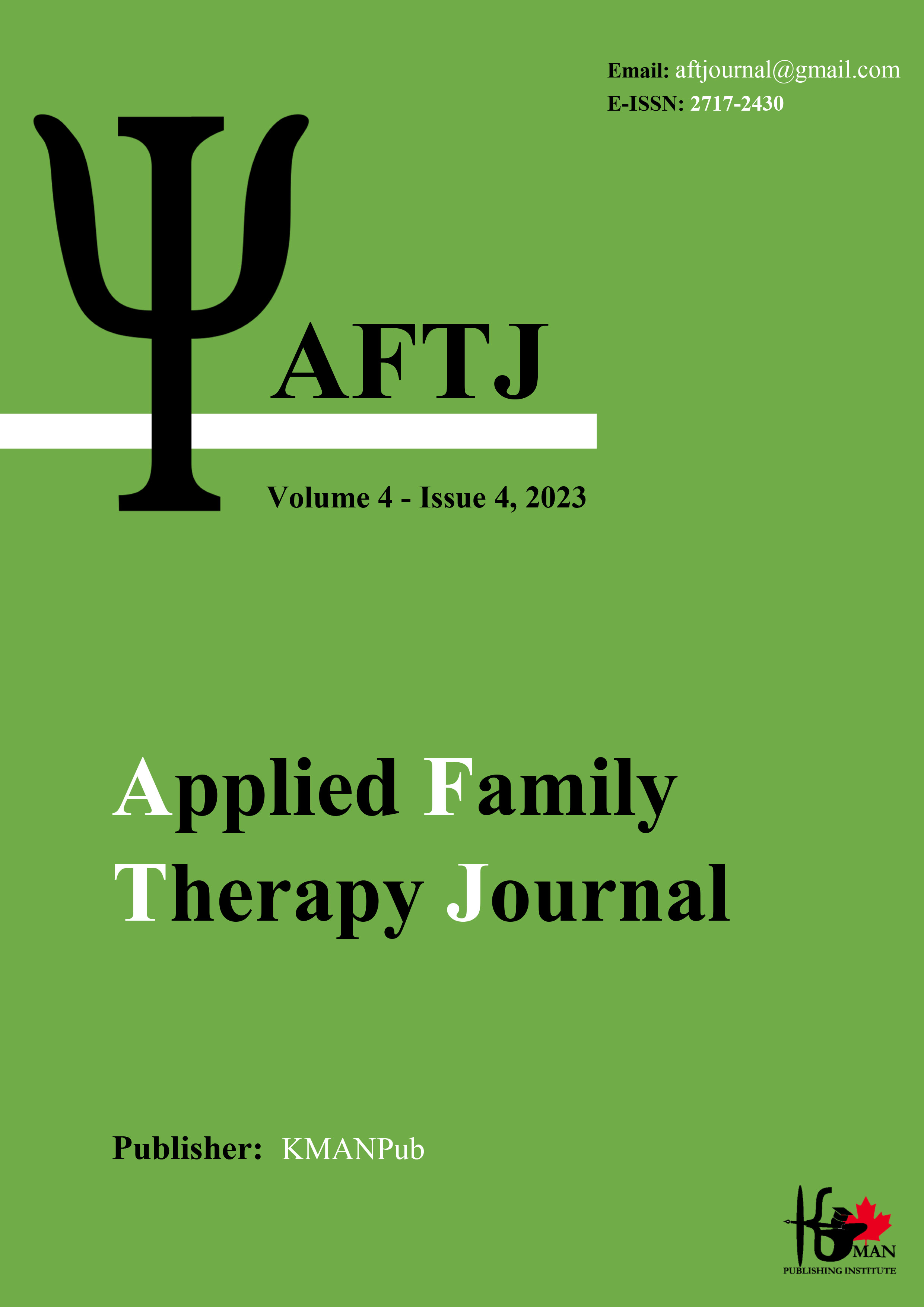The Structural Model of Predicting Social Interest based on Interpersonal Relationships, and Satisfaction of the Relationship with the Mediating Role of Love in Couples
Keywords:
social interest, interpersonal relationships, marital satisfaction, love.Abstract
Aim: This research was conducted with the aim of providing a structural model for predicting social interest based on interpersonal relationships and marital satisfaction with the mediating role of love of couples. Method: The cross-sectional research method is correlational. The statistical population of the current study was made up of all the women who referred to Sarai Mahalat in Tehran in 2021-2022, and among them, 305 people were selected by multi-stage cluster sampling method. In this research, the tools of social interest (Crandall, 1975), interpersonal relationships (Hurwitz et al., 1988), relationship satisfaction (Burns and Cyrus, 1988) and love (Stenberg, 1989) were used, all of which had acceptable validity and reliability. In order to analyze the data, SPSS-V23 and Lisrel-V7.8 software were used. In order to respond to the research hypotheses, structural equation modeling was used. Results: The findings of the research showed that the model has a good fit. The results showed that interpersonal relationships have a direct effect on social interest in couples. Marital satisfaction has a direct effect on social interest in couples. Interpersonal relationships have an indirect effect on social interest in couples with the mediating role of love. Marital satisfaction has an indirect effect on social interest in couples with the mediator role of love. Conclusion: Therefore, paying attention to the mentioned variables helps researchers and therapists in prevention and designing more suitable treatments.
Downloads
Downloads
Published
Issue
Section
License

This work is licensed under a Creative Commons Attribution-NonCommercial 4.0 International License.





















